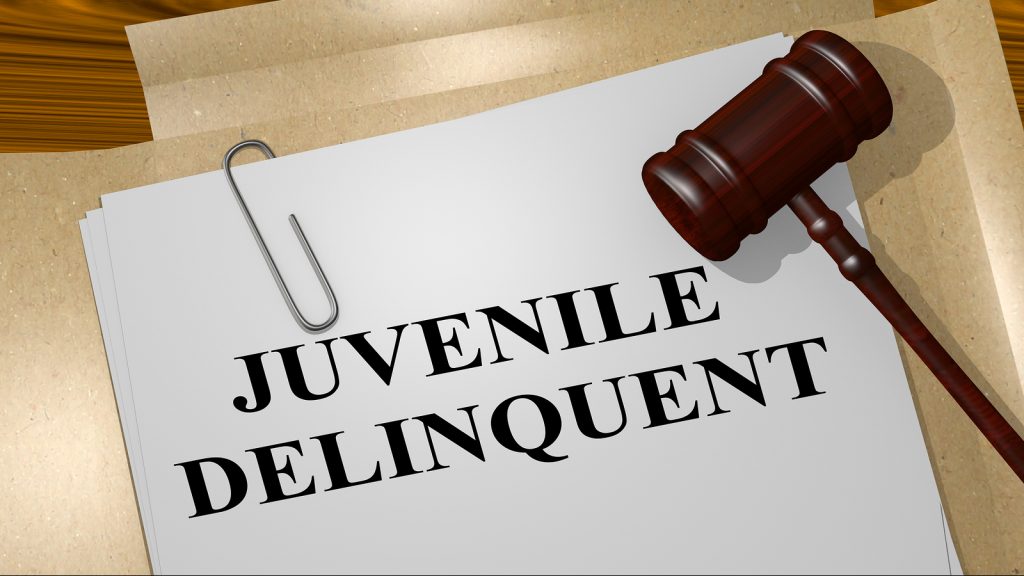If your minor child is in trouble with the law, both of you can expect to endure a mandatory series of legal obligations in the juvenile court system. Continue reading to learn more about minors who break the law, and what the juvenile courts are like.

Indianapolis Juvenile Criminal Defense 317-636-7514
Minors vs. Juveniles
You may be confused by the terms, “minors” and “juveniles” since they are very similar in meaning. Basically, a minor is anyone who is prohibited from certain activities due to their age. This includes consuming alcohol, smoking cigarettes, driving a car, voting, and similar activities. For example, a person who is under the age of 21 is considered a minor in the eyes of the law.
In contrast, the term “juvenile” is more specific. A juvenile is anyone between the ages of 10 and 17 years old, and who has not been emancipated from legal guardians. When a person turns 18, the law deems them a legal adult, however, they can still be a minor, as shown in the example before. Children under 10 years old are not tried in the juvenile court system if they commit a crime. Instead, they are enrolled into a state social services program to be evaluated and rehabilitated by professionals.
Juvenile Court Facts
After committing a crime, a juvenile will be detained in a state or county juvenile detention center, much like a county jail. Their experience from there will depend mostly on the type of crime they are charged with, as well as, various other behavioral and historical factors. When referred to juvenile court, a couple different situations can occur. A juvenile may enter into an informal deal that includes probation rather than seeing a judge; or they may have to go in front of a judge, who in turn, may dismiss their case, order them to probation, or send them to the Department of Correction.
Judges also have the discretion to order juveniles to additional mandatory terms, such as therapy, community service, mentoring, life coaching, school, drug rehabilitation, or admittance into an in-patient psychiatric facility. In fact, it is very common for judges to use these additional penalties in juvenile criminal cases.
Your Child’s Rights
In the juvenile court system, a child has several rights. They include, but are not limited to:
✦ The right to a lawyer or public defender;
✦ The right to know the date and time of all hearings;
✦ The right to attend all hearings;
✦ The right to know what information the judge has on their case;
✦ The right to question witnesses;
✦ The right to know the criminal charges against them;
✦ The right to refuse to tell anyone, including the judge, what happened;
✦ The right to give the judge information, have other people give information, and then make arguments;
✦ The right to make the state prove the case against them;
✦ The right to have a trial within 20 days if held in custody, or 60 business days if released;
Indiana Juvenile Criminal Defense

David E. Lewis Attorney at Law 317-636-7514
